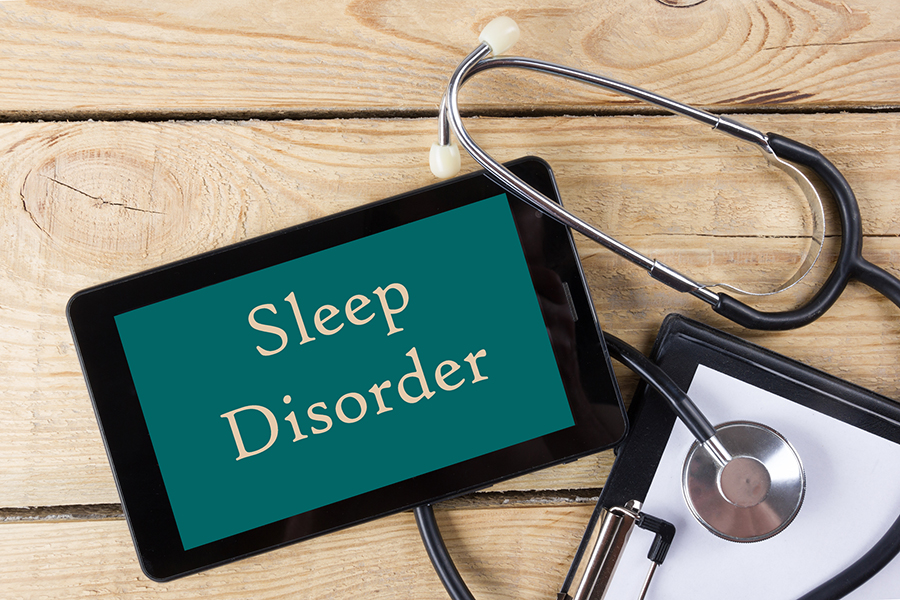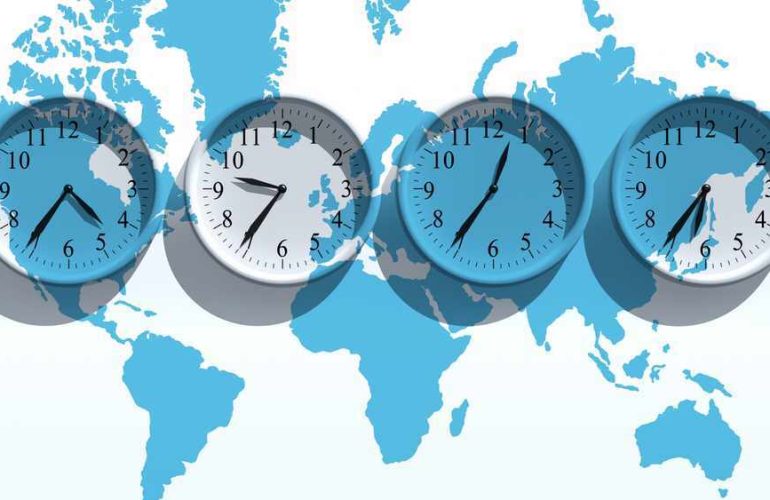[seasidetms_row data_shortcode_id=”9azcepgnfq” data_padding_bottom_mobile_v=”0″ data_padding_top_mobile_v=”0″ data_padding_bottom_mobile_h=”0″ data_padding_top_mobile_h=”0″ data_padding_bottom_tablet=”0″ data_padding_top_tablet=”0″ data_padding_bottom_laptop=”0″ data_padding_top_laptop=”0″ data_padding_bottom_large=”0″ data_padding_top_large=”0″ data_padding_bottom=”50″ data_padding_top=”0″ data_bg_parallax_ratio=”0.5″ data_bg_size=”cover” data_bg_attachment=”scroll” data_bg_repeat=”no-repeat” data_bg_position=”top center” data_color=”default” data_bot_style=”default” data_top_style=”default” data_padding_right=”3″ data_padding_left=”3″ data_width=”boxed”][seasidetms_column data_width=”1/1″ data_shortcode_id=”wsz9xpelc” data_animation_delay=”0″ data_border_style=”default” data_bg_size=”cover” data_bg_attachment=”scroll” data_bg_repeat=”no-repeat” data_bg_position=”top center”][seasidetms_text shortcode_id=”lrfyaxqn” animation_delay=”0″]
In this blog, we’re going to take a look at what qualities to look for when looking for a sleep specialist while also covering the main types of therapy, including acupuncture and improved nutritional approaches. In a proverbial nutshell, here’s what you need to know: Choosing a sleep professional requires reviewing their training, board certification and the resources the specialist has access to in order to help you.
With that in mind, let’s now cover some basics with regard to sleep therapy personnel and what you should be looking for.
Who is Your Sleep Specialist?
There are many professionals who can potentially be involved with your care should you seek sleep disorder treatment, and you will likely begin this journey into your evaluation with a primary health care provider. This usually results in a referral to a specialist, most often a physician, but sometimes a “mid-tier” provider such as a nurse practitioner or a physician’s assistant working under the tutelage of a physician.
What are we trying to say here? One of the most important considerations is the selection of your sleep doctor and the facility that will provide your treatment and testing.
Look for Sleep Doctor Training That Includes Residencies and Fellowships
Physicians who have been certified as sleep specialists boast copious amounts of education, normally completing a medical residency that lasts anywhere from three to five years as well as a one or two-year fellowship in sleep medicine. Doctors may pursue a sleep fellowship following their training in a number of specialties, including:
- Neurology
- Pulmonary medicine
- Family medicine
- Ear, nose and throat applications
- Internal medicine
- Pediatrics
Finding a Specialist with Credentials
There’s more that goes into this than merely what we covered already; no matter the specialty training, it is advisable to seek out a physician who is certified with appropriate sleep medicine credentials from the American Board of Medical Specialties. This suggests that your doctor’s education has been verified and that he or she has been able to pass a board examination that tests their knowledge of sleep medicine.
Primary Types of Sleep Therapy
Why do we advocate for behavioral therapy to treat sleep disorders, including insomnia? There is enough evidence to confirm that cognitive behavioral therapy (CBT) can be much more effective than sleeping pills for people who have insomnia.
So, let’s take a look at this as the primary type of therapy.
Cognitive Behavioral Therapy
This improves sleep by changing your behavior before bedtime, as well as altering the ways of thinking that may have been keeping you awake. It also focuses on improving relaxation skills and changing lifestyle habits that impact sleeping patterns. In fact, a recent study at Harvard Medical School found that CBT was more effective at treating chronic insomnia than prescription sleep medicine.
CBT involves:
- Identifying your negative thoughts
- Challenging your negative thoughts
- Replacing negative thoughts with realistic ones
Acupuncture
This traditional Eastern medicine approach with origins in China dating back 4000 years focuses on building the body’s own vital energy (Chi), and as such makes a valid argument for being a viable sleep disorder therapy.
Nutrition and Wellness
We understand that the decision to eat healthy isn’t an easy one, what with all the temptations surrounding us on a daily basis in the form of fast food restaurants and ice cream shops. But what we put in our bodies affects our overall health, including our sleep, so it’s important that nutrition and wellness are considered for effective sleep disorder therapy.
At Sweet Sleep Studio, our experts advocate for eating a variety of foods to get the nutrients you need, including:
- Proteins
- Carbohydrates
- Fats
- Vitamins
- Minerals
- Water
For additional information regarding Abid Bhat MD, MBA or choosing the best sleep physician and facility, contact Sweet Sleep Studio
[/seasidetms_text][/seasidetms_column][/seasidetms_row]




